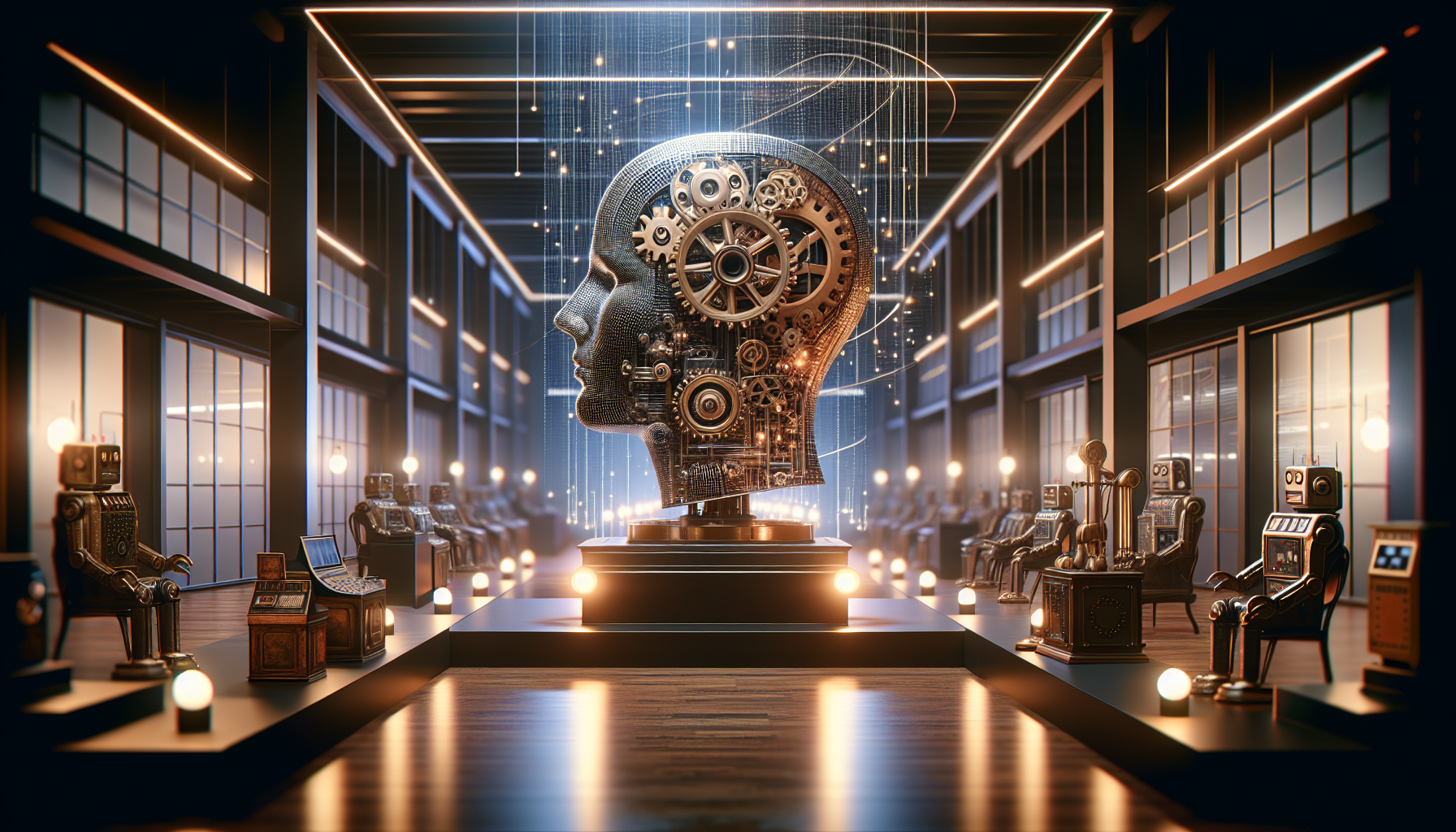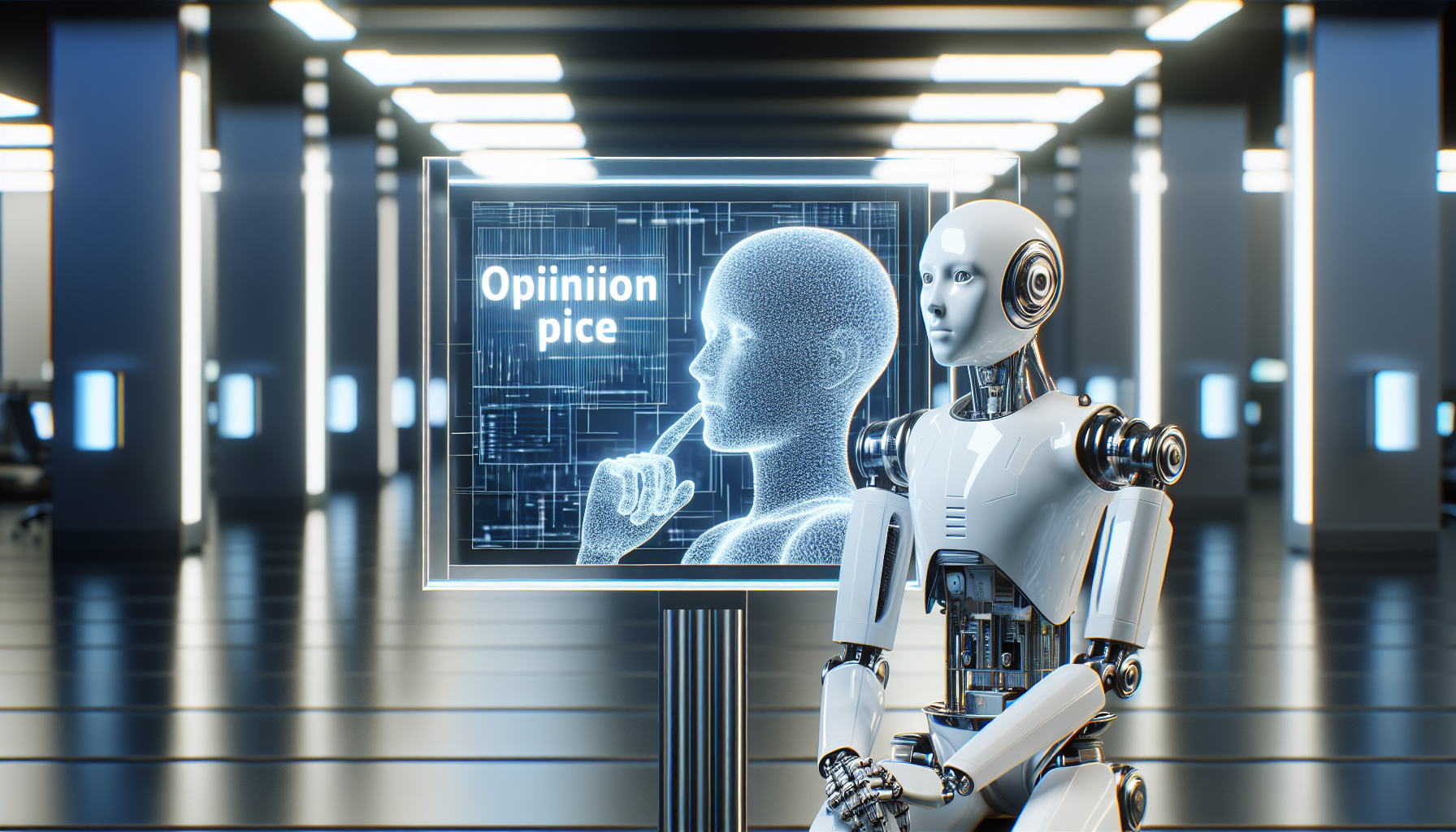
Unveiling Truth: Debunking Myths About Ethical AI Development
April 17, 2025
Artificial Intelligence is not just a buzzword that echoes through the halls of tech conferences; it’s a transformative force reshaping industries, societies, and individual lives. Amidst its rapid evolution, ethical considerations in AI development have sparked significant debate and concern. However, misconceptions often cloud this discourse, painting a picture of AI as either a dystopian overlord or a panacea for all human challenges. Let’s unravel these myths and discover the inspiring truths about ethical AI.
One prevalent myth is that AI is inherently biased, reflecting and amplifying human prejudices and inequalities. This perception stems from instances where AI systems have exhibited biases in decision-making, from hiring practices to law enforcement. Yet, it’s crucial to recognize that these biases originate from the data used to train AI models, not from the technology itself. The real challenge—and opportunity—lies in creating diverse and inclusive datasets that mirror the complexity and richness of human society. By consciously feeding AI systems with balanced and representative data, we can build models that promote fairness and equity. This shift in perspective opens the door to AI systems that not only avoid bias but actively work to counteract it, fostering a more just world.
Another myth suggests that AI will eliminate jobs, leaving masses unemployed and economies in shambles. This fear, though understandable, overlooks the potential of AI to augment human capabilities rather than replace them. History has shown that technological advancements often lead to new industries and job opportunities. AI can relieve humans of mundane, repetitive tasks, freeing up intellectual resources for creativity, strategic thinking, and problem-solving. By reimagining work, AI offers the chance to pursue passions and create value in new, unimaginable ways. The story of AI is not one of job loss, but of transformation and empowerment.
The notion that AI systems are black boxes, inscrutable and unaccountable, is another misconception that deserves dispelling. While some AI models, particularly deep learning networks, can be complex, efforts in AI interpretability and transparency are gaining momentum. Researchers and developers are pioneering techniques that allow us to peer inside these systems, offering insights into their decision-making processes. Explainable AI (XAI) is not just a technical challenge but a philosophical one, asking us to engage with AI as partners rather than tools. As transparency becomes a cornerstone of ethical AI, it invites a collaborative dialogue between humans and machines, fostering trust and understanding.
Contrary to the myth that ethical AI development is a hindrance, it is, in fact, a catalyst for innovation. Ethical guidelines push developers to think creatively and responsibly, ensuring that AI systems align with human values. By embedding ethical principles into the development cycle, we are not shackling progress but rather unleashing it, encouraging solutions that are both innovative and socially responsible. Ethical AI is not a barrier but a bridge, connecting technological advancement with humanity’s most profound aspirations.
Moreover, the belief that ethical AI is solely the responsibility of developers and technologists is limiting. The journey toward ethical AI is a collective one, involving policymakers, businesses, educators, and society at large. Everyone has a role to play—whether it’s advocating for transparency, supporting inclusive data practices, or fostering an environment where ethical considerations are paramount. By engaging diverse voices and perspectives, we can co-create an AI-driven future that reflects our shared values and goals.
As we dispel these myths, we find that the narrative of AI is not one of fear and uncertainty, but of potential and promise. The ethical development of AI challenges us to reflect on what it means to be human, how we interact with technology, and how we envision the future. It is an inspiring journey of discovery, urging us to ask: How can we harness AI to not only solve today’s problems but to anticipate and address tomorrow’s challenges?
In the quest for ethical AI, we are not simply developing technology; we are crafting a vision for the future. This vision is not bound by the myths that constrain our imagination but is liberated by the truths that inspire our progress. As we continue on this path, the question remains: How can we ensure that the story of AI is one of hope, empowerment, and shared prosperity? This is the conversation that awaits us, one that invites curiosity, courage, and a commitment to shaping a better world.


